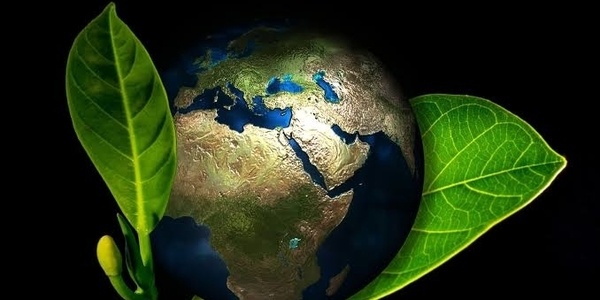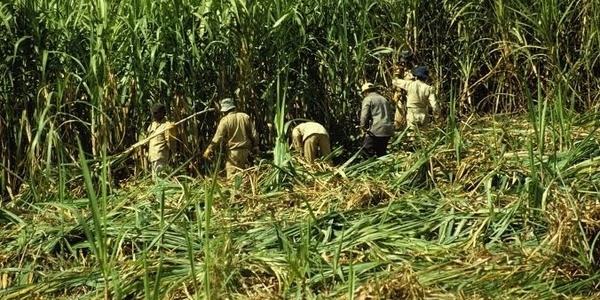Revolutionary Microbe Eats CO2 at Record Speeds, Offering Hope in the Fight Against Climate Change
A newly discovered volcanic microbe has been found to consume carbon dioxide (CO2) at an unprecedented rate, providing hope for reducing greenhouse gas emissions and combating climate change. The microbe, called Metallosphaera sedula, was discovered in a geothermal area in Italy and can consume CO2 at a rate up to twice as fast as other known microbes. Researchers from the University of Utah and the University of Padua in Italy discovered that Metallosphaera sedula uses a unique pathway to convert CO2 into cell mass, making it an efficient carbon sink. The microbe's ability to consume CO2 quickly suggests that it could be used to remove large amounts of the gas from the atmosphere and store it in the form of biomass. The discovery of Metallosphaera sedula is significant because it offers a potential solution to the problem of greenhouse gas emissions. Carbon capture and storage technologies are expensive and often impractical, but the use of microbes like Metallosphaera sedula could provide a more sustainable and cost-effective solution. The researchers caution that further study is needed to fully understand the microbe's potential and how it could be used in practical applications. However, the discovery of Metallosphaera sedula provides hope for a more sustainable future and a way to combat the effects of climate change. The study has been published in the journal Nature Communications and has received widespread attention in the scientific community. The discovery of Metallosphaera sedula is a reminder that nature still has many secrets to reveal, and that the solutions to some of our most pressing problems may be found in the most unexpected places.


